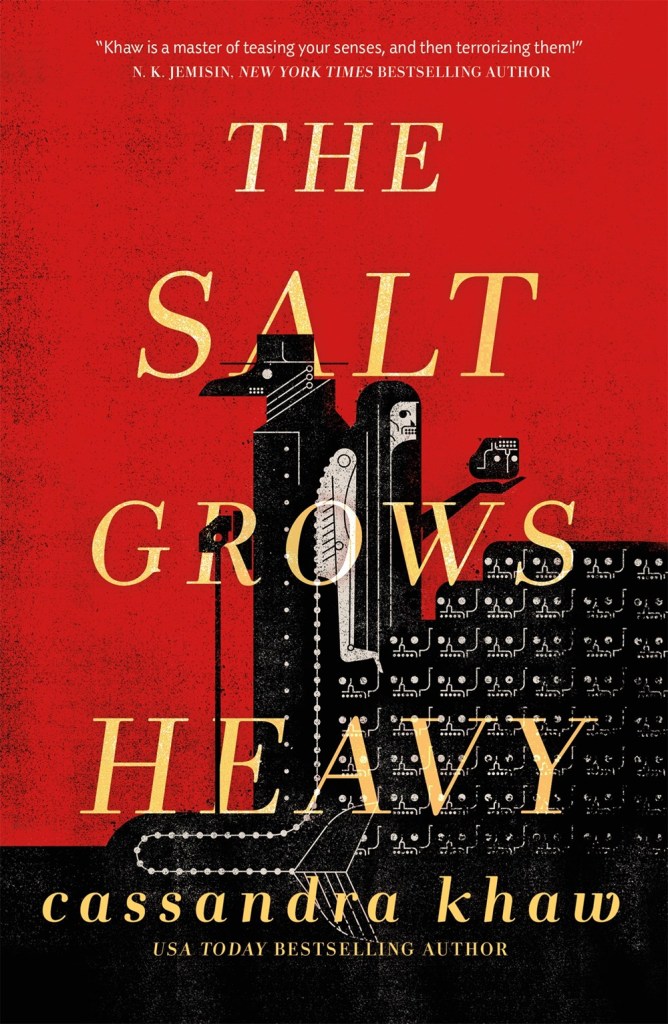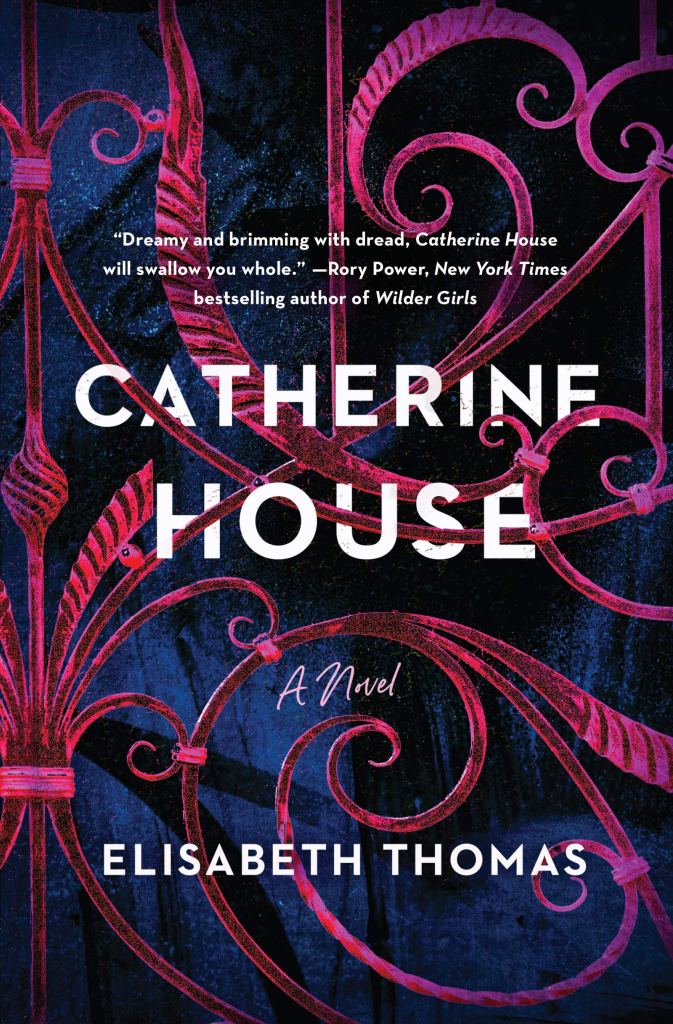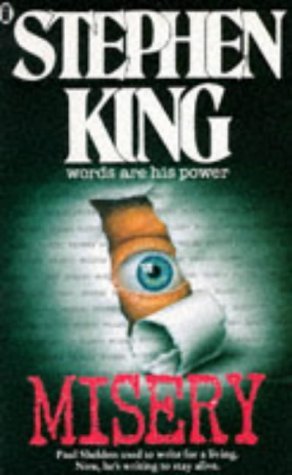Rating: ★★★

TW: Attempted sexual assault.
I’ve wanted to read one of Moreno-Garcia’s books for quite some time, and Mexican Gothic happened to be the first since I picked up a copy in a spooky, “haunted” bookstore on a trip for my fifth year anniversary. I’m interested in each of her titles, so I didn’t have a preference which book would come first. However, I have to say I’m disappointed this was my first read by her since I was disappointed by the book.
The story is set in a Gothic, haunted house and has many Gothic themes and characteristics. I suppose that was my issue from the beginning. It was like being hit over the head: “This is a Gothic story!” I mean, it’s right there in the title. I’m not sure what my expectation was. Perhaps some sort of subversion, or turning it all on its head? Instead, it became a runaway train. I think the story tries to lean in so hard, too hard, that it verges on ridiculous.
The story centers on Noemí Taboada who has come to this house to help her cousin, who lives with her new husband and his family. Noemí has no idea what she’s in for. She thinks her cousin is simply unwell and needs assistance. But there is so much more going on, and the mysteries and horrors unravel quite slowly before coming down all at once, like an avalanche. The slowness of the first half or so of the book bogged me down a bit. I kept going to see what would happen, but I felt frustrated for most of this book.
Avoiding spoilers, I want to say why I’m giving three stars and not a lower rating. Obviously I haven’t said many positive things here. While the face of the story didn’t do much for me, the undertones, symbolism, and postcolonial lens all work powerfully here. The story takes place in Mexico, where Noemí’s cousin’s family has settled from Europe. They settled there long ago and opened a mine. That alone is not only symbolic, but plainly shows how white settlers come in and rip open indigenous land for their own gain. As the story progresses, there are many things the family does, and have done in the past, which parallel how white settlers have treated indigenous women, lands, wealth, children, economies, power, individuality, and freedom. Trying to defeat such a family, to right such wrongs… what could do it? How much would it take?
I can see, when viewing the story this way, how it works. It’s like looking at a painting, and it’s alright, but when the light changes, it’s beautiful, because you can see things that were hidden before. I think, though, that the main story, or painting, or anything, should be done well and enjoyable. The events of Mexican Gothic were sometimes predictable and uninteresting. Great Gothic stories are classics because of the tension in the main character’s solitude. I didn’t feel that here. I felt bored. With the horror elements, how vulgar and gross they were, even then I wasn’t moved since they felt over the top, but not in a camp way.
In writing this review, I’ve been trying to sort my own thoughts. I’m conflicted because I like what Moreno-Garcia did, but I suppose I don’t like how she did it. Perhaps in the future I could read Mexican Gothic again, after reading some of her other stories, to experience the story again and hopefully enjoy it more.






